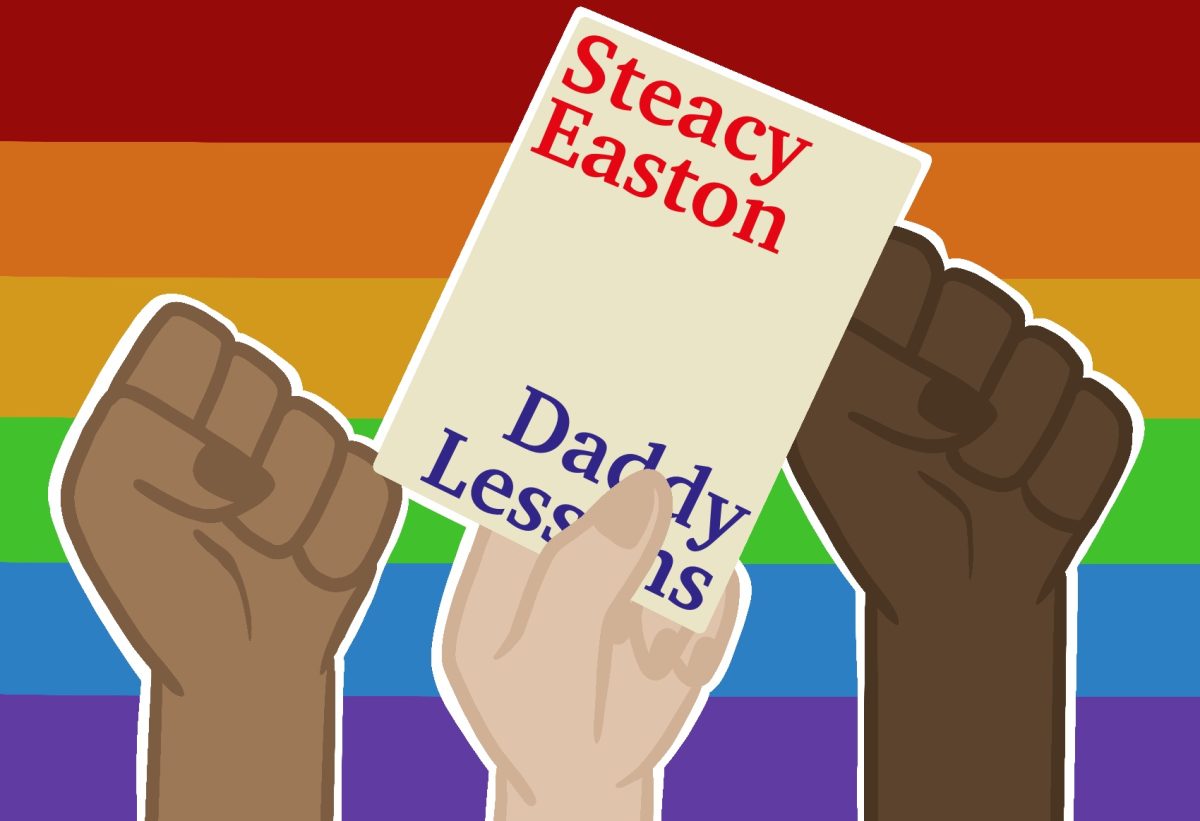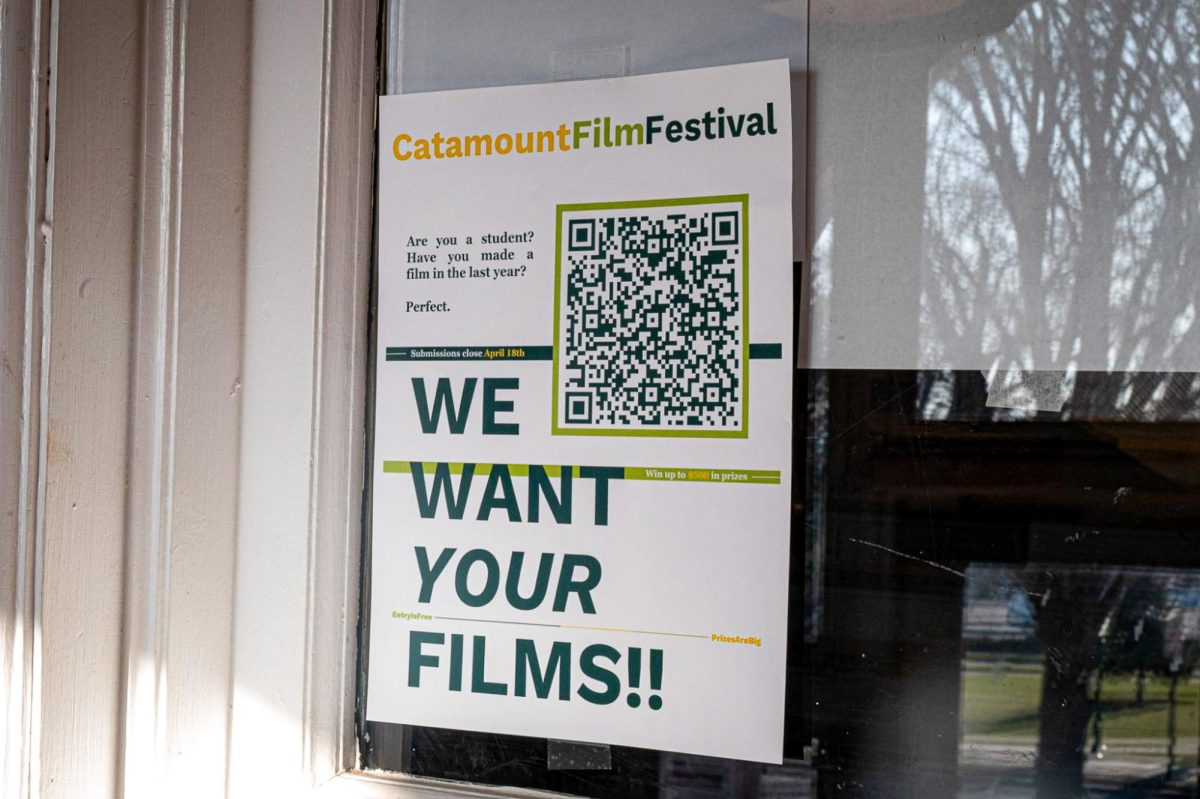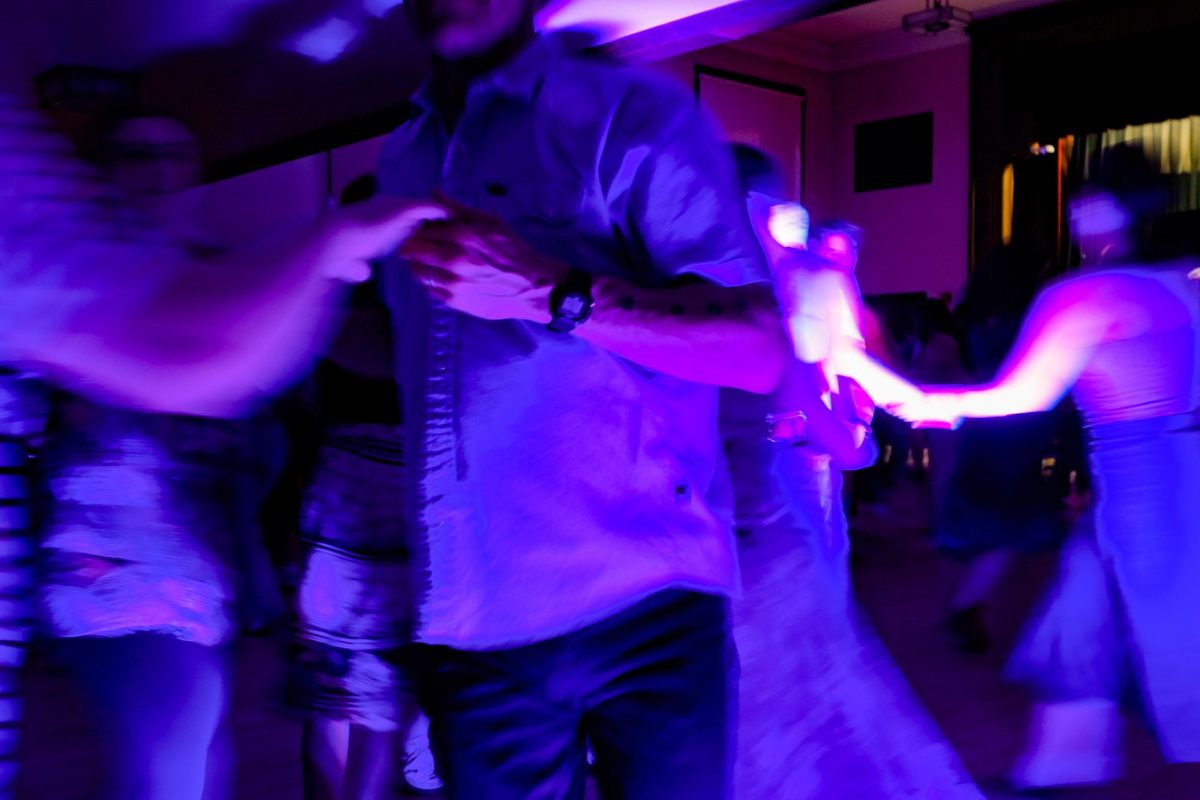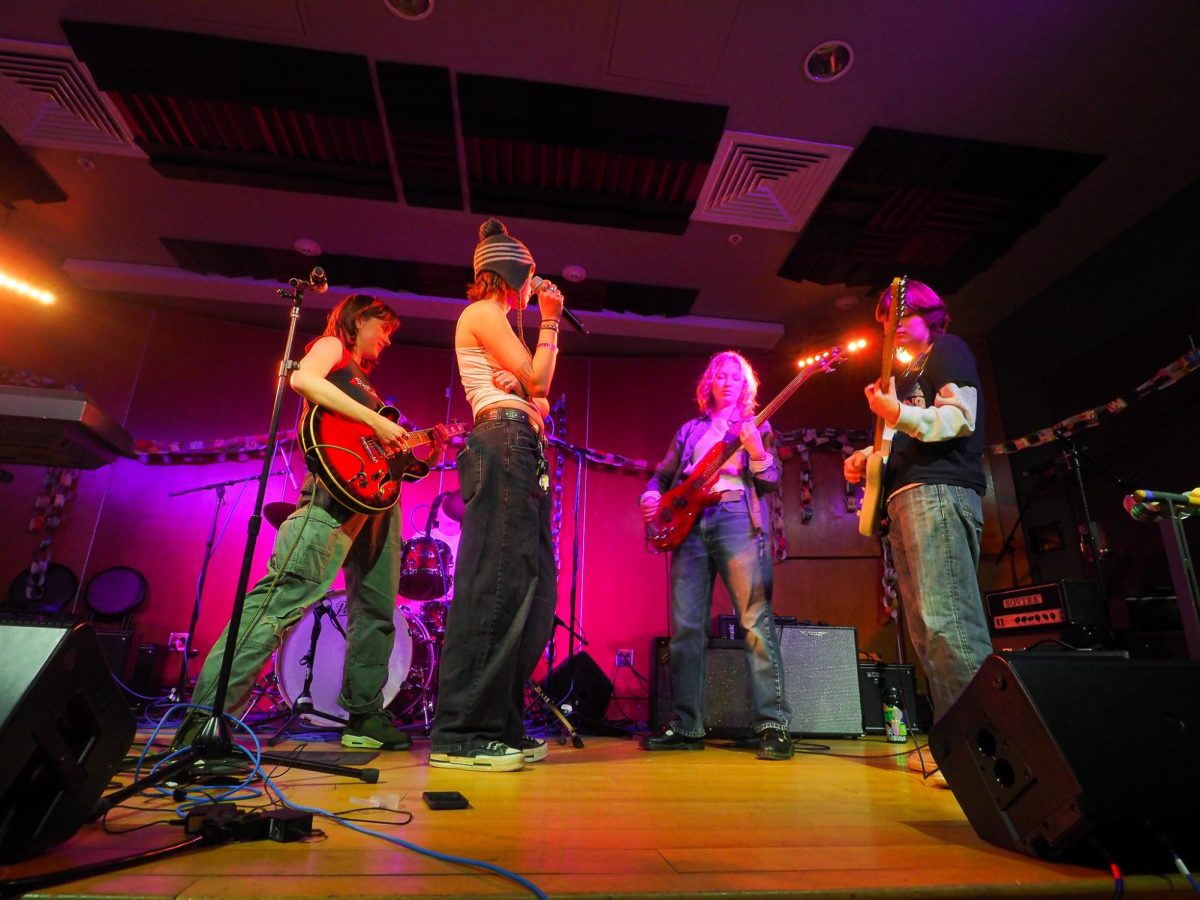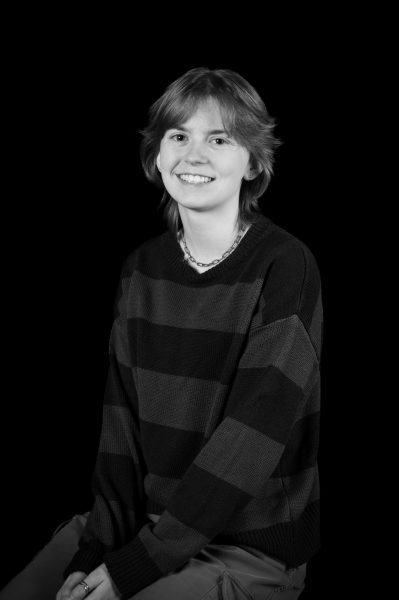Whenever I enter a bookstore, my feet carry me to where the memoirs are stacked. I can’t pinpoint the genesis of my adoration for the genre, but reading Ellie Wiesel’s “Night” in middle school is a memory my brain wanders to frequently.
I picked up “Daddy Lessons” by Steacy Easton at a local store in Baltimore, The Ivy Bookshop. I’m not sure what drew me to this unassuming yet boldly-labeled book, but I’m glad I trusted my intuition.
In the wake of our tumultuous political landscape, I find myself looking for solace in the words of a queer adult.
“Daddy Lessons” are quite literally what you will find inside this aptly titled book. This memoir is a conglomeration of stories from Easton’s life, their Mormon upbringing, the discovery of their gender and general queerness and their insatiable thirst for sexual connection from a young age.
Easton explores this unwanted curiosity for all things sexual and how it shaped their experiences. From masturbating alongside schoolmates to being paddled and raped by a school teacher, Easton contemplates how violence and love for impermissible taboos have seeped into their sexual desire.
Easton creates a proverb of life unlike any I’ve ever seen before, one that focuses on the “daddies” we meet along the way.
“The touching was pleasure, the swatting was violence, and it took me more than two decades of various therapists and a court case to recognize that, at twelve years old, no matter what I wanted, I was coerced; that what I wanted, and what was right for him to give, were radically different,” Easton stated.
In this excerpt, Easton described their battle of coming to terms with past sexual abuse. Easton struggled with blaming themselves for attracting this kind of attention at such a young age.
As Easton moves through their life and into adulthood, they carry the baggage of sexual assault while questioning the validity of their experiences. This confusion also bled into Easton’s understanding of what makes someone queer.
Throughout “Daddy Lessons,” Easton discusses countless encounters with men that engage in sexual acts with other men but do not identify as queer. It becomes such a common experience, that Easton talks about these men with a feeling of nonchalance.
“Men who had sex with men but who were not queer—the distinct taxonomy,” stated Easton.
He’s referring to men he encountered at The Times Square, a gathering place for men to watch pornography or be an onlooker to those watching, in Edmonton, Canada.
Easton described the versatility of this space in a predominately class-segregated area. They describe how men from every walk of life gathered there and learned a certain form of non-verbal communication that couldn’t be taught in a classroom or through everyday interactions.
Towards the end of the memoir, Easton recounted his conversion to Catholicism which led to a sexual interaction with a European Catholic priest post-confession. This chapter stopped me in my tracks. This real-life story is a perfect metaphor for today’s society.
There is a chase for purity today, whether it be the purity of being white, rich or God-fearing, that is rooted in lies and has created a façade. Right-leaning folks today spew messages about returning to some precious time before everyone was so vehemently gay.
What they are really chasing is a time when all that they feared was hidden from them and kept in the shadows, when they felt morally robust because they faced no opposition.
Perhaps this uptick in blatant conservative backtracking that we see today is coming from the fear that conservative ideology is a hard thing to defend when you’re faced with alternatives.
Easton puts this on display by showing behind the scenes of places that are supposedly sacred and chaste. In reality, there is no such thing. There are people ashamed of humanistic desires and practices, and people who choose to live without wool over our eyes.
In reality, hiding behind purity looks something like the rumored crash of the dating app Grindr, which is predominantly used by gay men, in Milwaukee during the last Republican National Convention. Speculation surrounding the potential rise in Grindr usage due to the RNC gathering began to circulate.
One person stood outside of the RNC holding a sign that said, “Bad RNC, No Grindr.”
While these rumors may not be true, and correlation doesn’t equal causation, it was brought back to my mind when Easton discusses this idea of elite Puritanism.
During the 2023-2024 school year, PEN recorded 10,046 instances of book banning in schools across the United States. Easton’s still unbanned “Daddy Lessons” is a breath of fresh air and a reminder that silence is death.
With a new administration taking office, it is important to not only read but to devour literature that’s being chased by censorship. Queer existence will never cease, but it is imperative that queer existence continues to be lived out loud.


